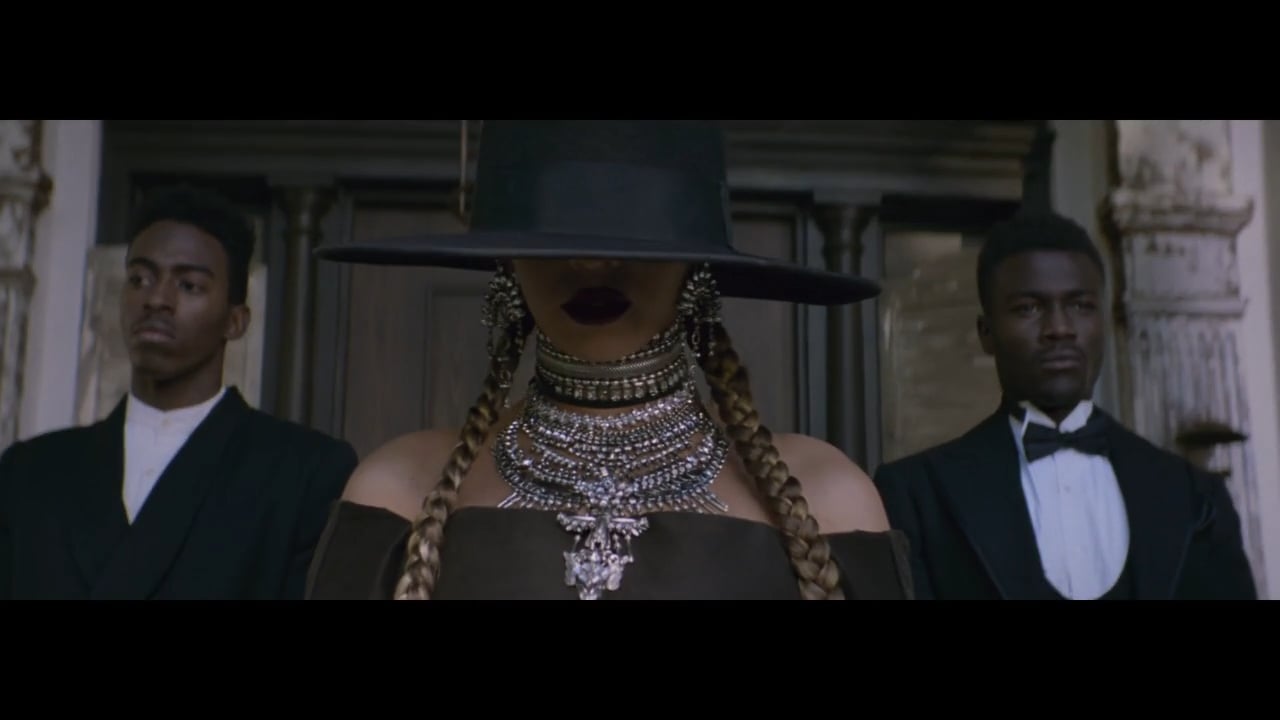In celebration of the 50th anniversary since its birth, Beyonce and her team paid tribute to the The Black Panthers. The empowering effort has been fogged by slander. “Formation” has been portrayed as polarizing, described along the lines of reverse racism. In an interview with CNN, Rudy Giuliani spoke on the performance, calling it an attack on police officers.
Was Lady Gaga’s “Til It Happens To You” music video an attack on rapists? Of course not, but Giuliani’s logic would assume so.
Beyonce stylistically represented the Black Panther movement, bridging a gap to the Black Lives Matter movement. Her display fell in line with her saluting and celebrating her blackness proclaiming: “I like my negro nose with Jackson Five nostrils.”
Being pro-black does not equal anti-white.
Empowering black love doesn’t go unnoticed by those quick to cry white hate. Meanwhile, so many black bodies spread love to white America in the form of free labor and scientific donations.
Let’s talk about Henrietta Lacks. Journalist and medical ethicist Harriet Washington in an October 2011 interview with DemocaryNow.com used Lacks as a historical example of the crimes disproportionately committed against blacks due to the market value of their bodies. Lacks’ immortal cells, also known as “HeLa” cells, in her cancerous tumor still live today.
The problem is they were extracted without her permission or knowledge. The “donation” of her cells were made by her doctor who was also a university professor and John Hopkins researcher. Lacks’ cells continue to be used for scientific purposes.
In thinking about how Lacks’ cells were obtained, you can’t ignore other ways in which blacks are oppressed. One way is in the unwillingness to increase the minimum wage. Everyone is paying taxes to a governing entity that accepts the alternative to a livable wage, which is far below the $7.25 set federal minimum wage. (In Georgia, the minimum wage sits at $5.15 an hour, more than $2 below national minimum wage. However, federal minimum wage supersedes this amount.)
But when black families fell on hard times and wallets thinned, the Black Panthers were there along with the Brown Berets and other advocates. Now they’re gone: they’re either incarcerated, dead, strung out, or sitting quietly in society coping with the contradictions.
The theft of Lack’s cells and passive action toward increasing the minimum wage highlight ways in which black people are suppressed by whites, with the latter expecting the former to stay silent on those issues including black death.
Bullets fired at a 17-year-old boy laying on the ground is an attack. A black woman’s artistic way of saying stop attacking is not.
